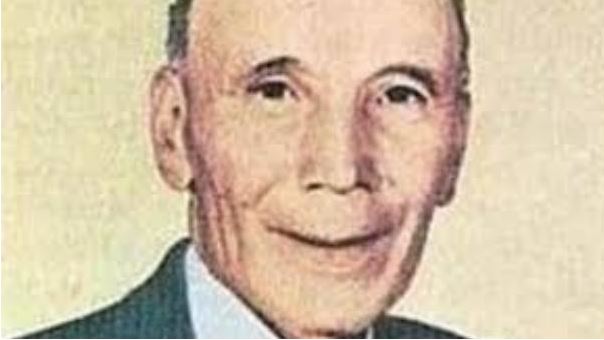Cannabis was not illegal in Frenċ tal-Għarb’s time
Francis Mercieca, known as Frenċ tal-Għarb, was a folk healer and quack who was born in 1892 among peasants in one of Malta’s most backward villages – Għarb in Gozo. You can imagine what Għarb and rural Malta in general were like a century ago when he reached adulthood and discovered his “flair for healing”.
Belief in his magical powers took root in a highly superstitious, ignorant and illiterate society. His cult hero status survives today only because certain people have an interest in making sure it does: it puts the otherwise entirely pointless Għarb on the map.
Francis Mercieca was in the news again a few days ago when Kate Holmes, whose son Daniel is serving 10 years at Corradino Prison for growing cannabis, said as part of her ongoing campaign for his early release that Mercieca used cannabis to help heal people. Għarb’s local council threatened to sue her.
The beleaguered Mrs Holmes promptly retracted her remarks and apologised, and the local council decided to be magnanimous and not sue her after all.
The local council is quite ridiculous, but then what would you expect of people still pushing the memory, completely without a trace of irony, in the 21st century, of a folk-healing peasant with magical powers?
It is quite likely that Mercieca did indeed use cannabis to treat people. It would explain in part why he was so popular and why they flocked to him in droves, other than that they were highly superstitious and suggestible and, being from Gozo, would do anything to avoid paying a doctor when Mercieca offered his services for free.
Cannabis grows very well in Gozo, as certain farmers know today, and back then it wasn’t illegal, so Mercieca wouldn’t have broken the law on drug-dealing or drug-growing, because there wasn’t one.
Aside from the fact that Għarb Local Council has no legal basis on which to sue an individual to protect the reputation of a dead man when they are not his descendants, even if they did have that legal basis, the case itself would not hold. The drugs that are illegal today were not illegal a century ago. The sovereign British state paid for the goods it bought from China with opium. Dentists used cocaine as an ‘anaesthetic’. Both opium and cocaine were used and prescribed by doctors. There were opium dens in all the world’s major and not so major cities.
Għarb Local Council, with its threat to sue, demonstrates its ignorance of history and the fact that it thinks in anachronistic terms: that Mrs Holmes suggested that Francis Mercieca was a law-breaker “like her son”. But Mercieca was not a law-breaker because the law then was not what it is today. Attitudes towards what are today illegal drugs were not the same then, either.
Can you imagine how Għarb Local Council would have reacted if Mrs Holmes had suggested that Francis Mercieca was a friend of Dorothy? Because let’s face it, he probably was: a lifelong bachelor with a penchant for theatrical shows and all the time and patience in the world for nattering with women, who absolutely loved him, about their problems and ailments and myriad concerns? Sounds like a friend of Dorothy to me. If he were our contemporary, Joseph would have recruited him and he would be art-directing the Commonwealth Heads of Government Meeting opening ceremony. And instead of being a faith-healer, with or without cannabis, he would be a dress-designer or make-up artist, discussing Michelle’s outfits on Super One TV.

